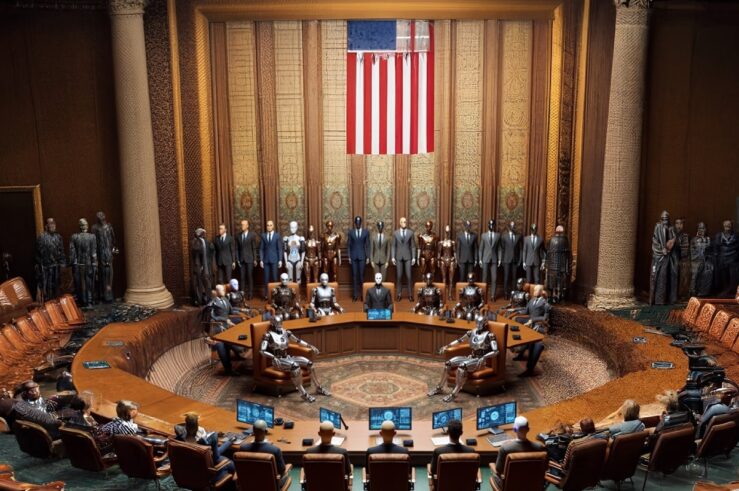President Barack Obama, June 1, 2009:
What we are not doing, what I have no interest in doing, is running GM. GM will be run by a private board of directors and management team with a track record in American manufacturing that reflects a commitment to innovation and quality. They, and not the government, will call the shots and make the decisions about how to turn this company around. The federal government will refrain from exercising its rights as a shareholder in all but the most fundamental corporate decisions. When a difficult decision has to be made on matters like where to open a new plant or what type of new car to make, the new GM, not the United States government, will make that decision.
Reality, October 29, 2009:
Since the financial crisis broke, Congress has been acting like the board of USA Inc., invoking the infusion of taxpayer money to get banks to modify loans to constituents and to give more help to those in danger of foreclosure. Members have berated CEOs for their business practices and pushed for caps on executive pay. They have also pushed GM and Chrysler to reverse core decisions designed to cut costs, such as closing facilities and shuttering dealerships.
Democratic Sen. Amy Klobuchar of Minnesota persuaded GM to rescind a closure order for a large dealership in Bloomington, Minn. In Tucson, Arizona Democratic Rep. Gabrielle Giffords did the same for Don Mackey, owner of a longstanding Cadillac dealership with 80 employees. Rep. Giffords argues it made sense, even for GM, to keep the Mackey dealership, which sold 750 cars last year. “All I did was to help get GM to focus on his case,” she says.
Lawmakers say it’s their obligation to guard the government’s investments, ensure that bailed-out firms are working in the country’s interests and protect their constituents.
Who would have predicted this?




